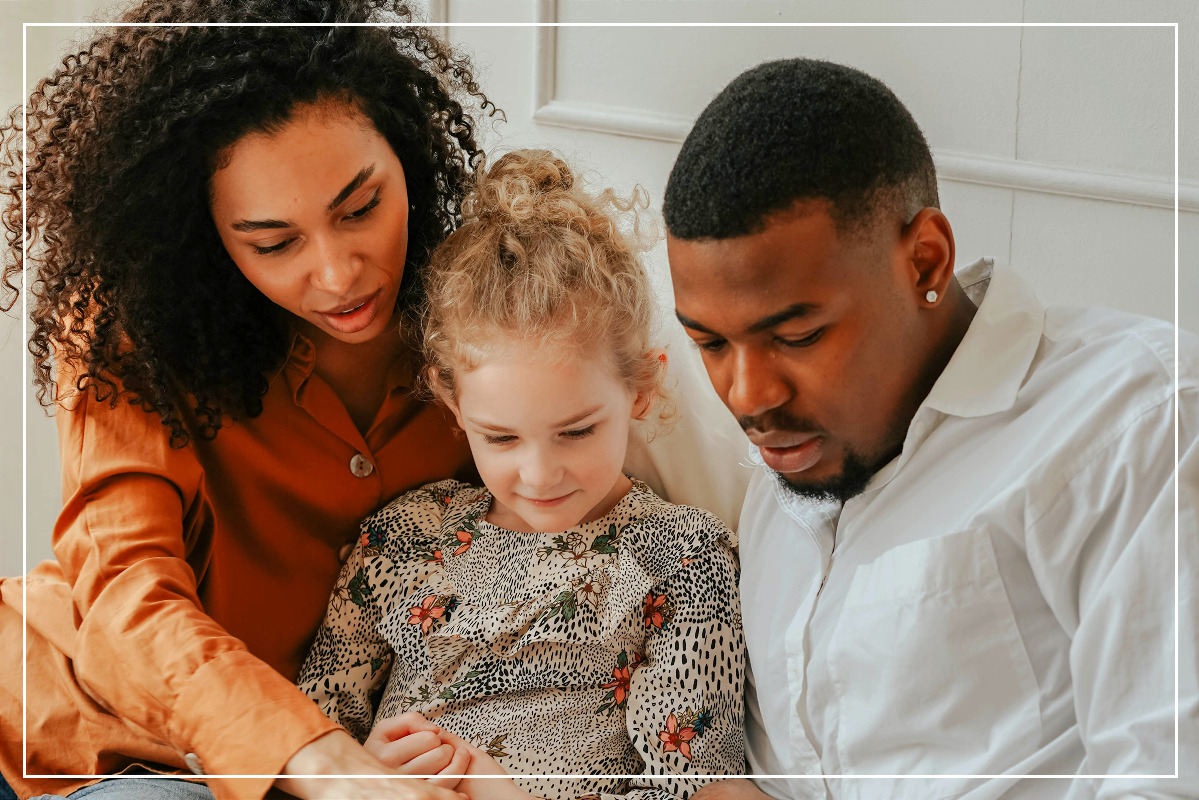
There is no universal definition of trauma. Therefore, a source of trauma many do not consider is adoption trauma. You may question how you could have adoption trauma, even if you have a wonderful relationship with your adoptive family.
At The Guest House, we know trauma can come in the form of lost identity. While you love your family, the loss of a relationship with your biological family may impact the connection you feel to yourself and your culture. It is not unusual or wrong to feel like a part of yourself is missing. Moreover, if you have memories prior to adoption, there can be unaddressed trauma from those experiences.
Addressing Past Experiences in Adoption Trauma
According to an article from the Child Abuse and Neglect Journal, adopted individuals are overrepresented in mental health settings due to adverse experiences before adoption and even the adoption itself. While there is no singular type of trauma or pathway to adoption, some adverse experiences that can be experienced prior to adoption include:
- Neglect
- Abuse
- Multiple foster care placements
- Prenatal complications
Adverse experiences in early childhood before adoption placement can impact your relationships, the way you process your emotions, and how you behave among others. Some examples of how adverse experiences can affect you in childhood and adulthood include:
- Attachment
- Neurobehavioral development
- Executive functions
- Self-regulation
- Stress regulation
- Memory
If multiple areas of functionality are diminished, it makes it difficult to process those experiences in healthy ways. Even more so, it may be difficult to consciously access those thoughts and feeling to start processing them. As the article also notes, adoption is thought of as a protective factor to effectively meet the needs of children.
While adoption can often be a positive factor in children’s lives with positive outcomes, it can also be a traumatic transition. Identifying adoption as trauma often happens as you grow up. When you reach a level of cognitive maturity, you will attempt to integrate those personal and family experiences before, during, and after adoption into your identity.
With a deeper understanding of adoption trauma, the need for more trauma-induced adoption resources becomes clear.
The Benefits of Trauma-Specific Adoption Resources
According to an article from the Journal of Child and Adolescent Trauma, foster care and adoption systems have not fully addressed the role trauma plays in adoption experiences. Therefore, research shows that providing trauma-induced adoption services for parents and children can support:
- Emotional regulation
- Interpersonal functioning
- Resiliency
- Make meaning out of adverse experiences
While you may not have had access to the trauma-specific resources that are being explored now, you can still learn how to process your trauma.
Treating Adoption Trauma at the Guest House
At The Guest House, our work is founded on the principle that your self-defeating behavior is born out of underlying conditions like trauma. Therefore, we are deeply committed to supporting you with a wide range of holistic therapies. Our approach to trauma-specific care can help you uncover and address how those adverse experiences continue to impact you today. Consciously addressing those adverse experiences opens the door to healing and recovery.
Adoption trauma can come from adverse experiences in early childhood. Those unrecognized traumas developed prior to and during the adoption process can negatively impact your behavior, self-regulation, stress regulation, and relationships. Through trauma-specific care, you can uncover the role those early traumas continue to play in your life through self-defeating behaviors. At The Guest House, we are committed to acknowledging and treating trauma through holistic approaches that treat the whole person in body, mind, and spirit. To learn more, call us at (855) 483-7800.